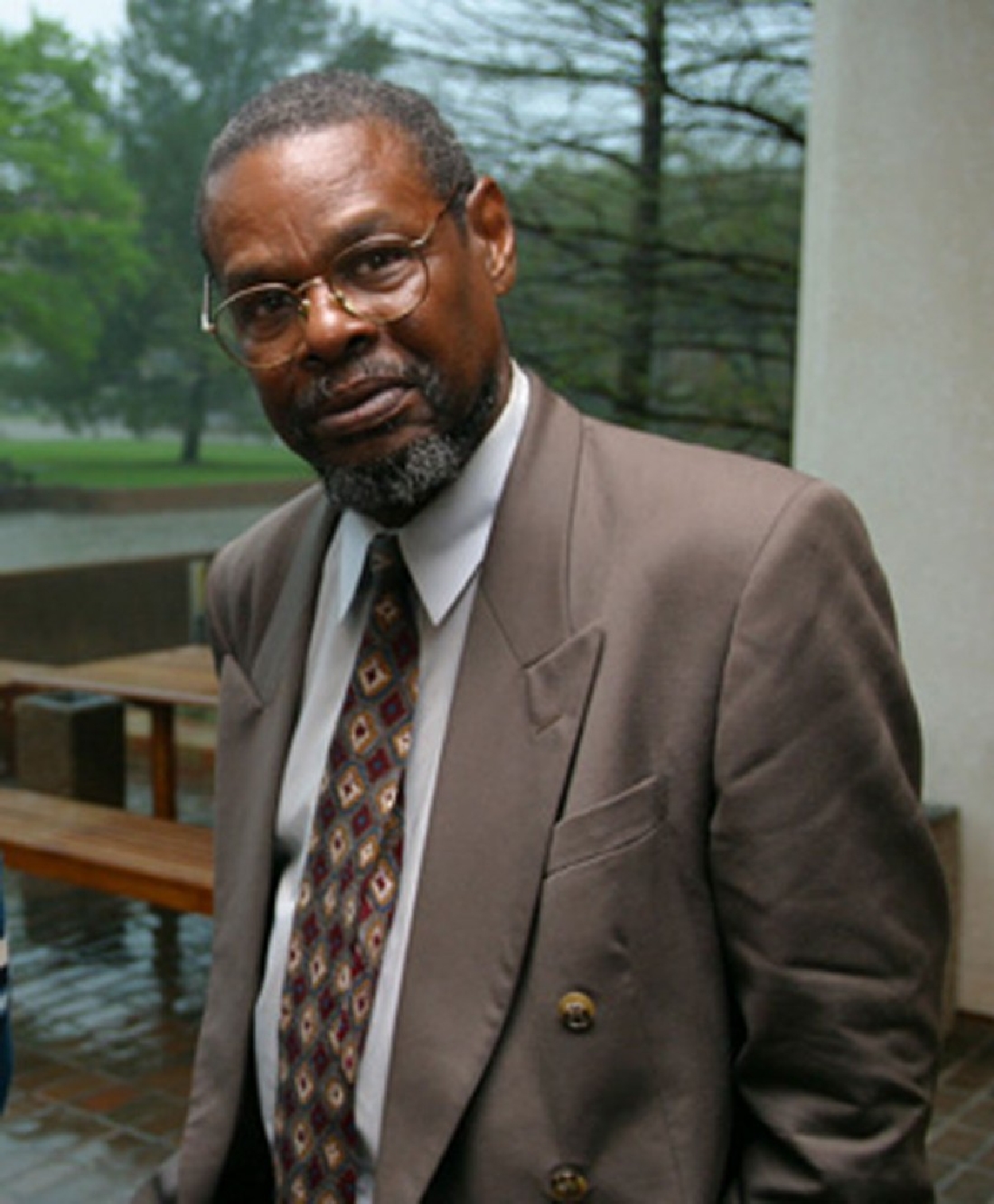Fort Worth civil rights activist and former Black Panther Eddie Griffin will be the featured speaker at The Sixth Floor Museum’s Living History program Saturday Feb. 8 at 2 p.m. The program features a series of speakers who witnessed historical events of the early ‘60s. A teenaged Griffin was outside of Hotel Texas to greet the Kennedys when they arrived in Fort Worth on November 21 (the night before JFK was killed). He plans to discuss his memories of President John F. Kennedy and the political and social turbulence of that decade.
At the height of the Civil Rights Movement, Griffin traveled across the country and became active with the Black Panthers. While with the group, he was involved in a bank robbery and served 12 years in prison. While serving time, he was named a “prisoner of conscience” by the World Peace Council.
In an email, Griffin told Fort Worth Weekly that Alan Saxe, his one-time political science professor at Arlington State College (Now UTA) recommended him as a guest speaker to the Sixth Floor Museum administrators.
“After making an oral history tape for the museum back in January 2013, I was invited back to speak before a live audience about the 1960s and the civil rights revolution that my generation was caught up into,” he said. “Many of the things I have revealed in my discourse are things few people have ever heard. This is why I am trying to expand this opportunity by providing oral history testimony to UNT History Dept.
“You must remember that prior to 1963 Negroes were largely an invisible people,” he said. “Nobody sought our input or opinion on anything, because our voice did not matter. There were no blacks on television (except Amos ‘n Andy and Nat “King” Cole). No blacks wrote for mainstream newspapers, and those who did have something to say had to make it palatable for a racially minded and prejudiced audience. (Say the wrong thing and you would be branded a communist and sent to prison, or blacklisted and ostracized).
“Having this opportunity offers me a chance to remove some of the cloudiness created by southern Confederate revisionism in history books,” he said. “Thus, I can truthfully answer how ‘the colored people’ survived and thrived.”
Griffin said he also plans to discuss the thriving black middle class that existed in Fort Worth before segregation.
“Not only do we have written records of a well-educated black community in Fort Worth (1867-1950), we also have pictures as proof that we were an elite and well-to-do top-hat society living in or near downtown Fort Worth, surrounded by a mix of black and white businesses,” he said. “Although some of us were poor, we were never a downtrodden caste of second-class citizens, which is why some of us rejected being labeled as ‘Negroes.’ There was never a need for us to sing ‘I’m Black and I’m Proud’ to shed a conditioned inferiority complex, though we were treated like we were invisible.
“JFK brought us visibility and opened the door of opportunity that a segregated South would not allow,” he said. “His impact…is what the JFK Museum’s Conversation with Eddie Griffin is all about, telling the black side of the story that people have never heard, and, without proof on hand, they would never believe.
“I am still amazed people do not know how the Black Panthers grew up under their nose, some of whom were children of domestics and nannies who lived and worked in [the homes of white people], and who were equally well educated,” he said. “But because we were always forbidden to speak, and if we did speak nobody seriously listened, the story behind the movement of the 1960s have never been told, except through the lens of distorted propaganda.
“If I hope to accomplish anything, it would be in continuing to set the record straight and destroying revisionist’s myths and distortions about our history,” he said.
Admission for the Living History Series is $10 for the program only or $5 with Museum admission. Advance tickets are available at www.jfk.org.












